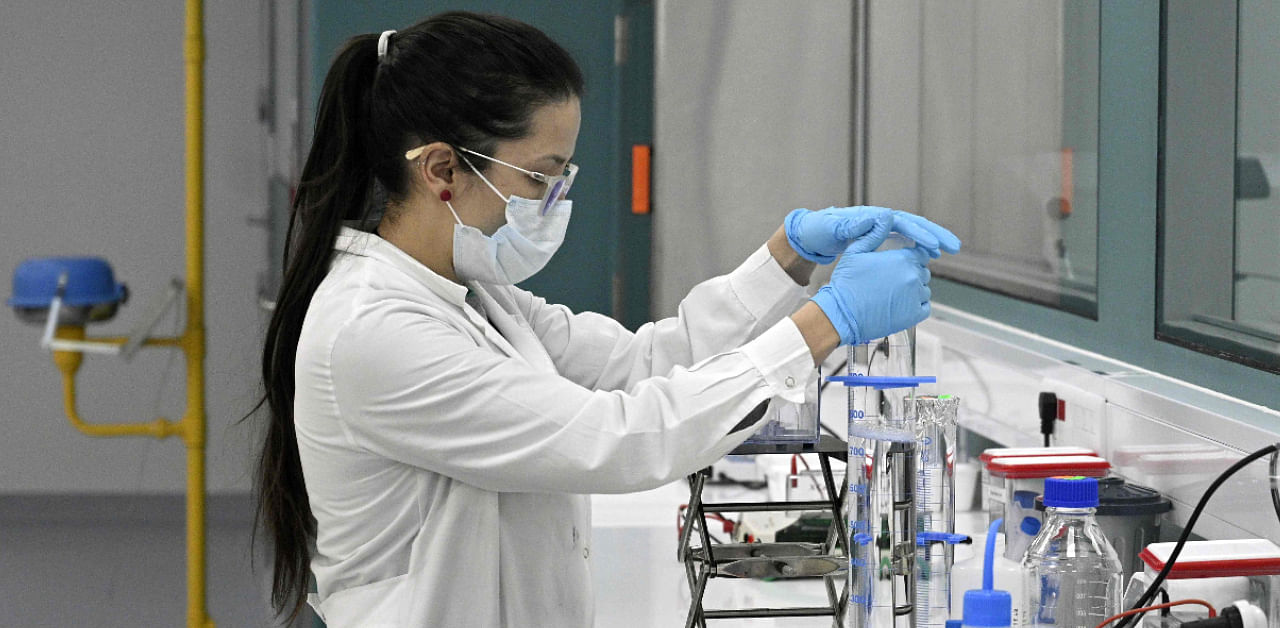
As the world awaits the arrival of a safe and effective coronavirus vaccine, a team of researchers has come forward with a provocative new theory: that masks might help to crudely immunize some people against the virus.
The unproven idea, described in a commentary published Tuesday in the New England Journal of Medicine, is inspired by the concept of variolation, the deliberate exposure to a pathogen to generate a protective immune response. First tried against smallpox, the risky practice eventually fell out of favor, but paved the way for modern vaccines.
Masked exposures are no substitute for a bona fide vaccine. But data from animals infected with the coronavirus, as well as insights gleaned from other diseases, suggest that masks, by cutting down on the number of viruses that encounter a person’s airway, might reduce the wearer’s chances of getting sick. And if a small number of pathogens still slip through, the researchers argue, these might prompt the body to produce immune cells that can remember the virus and stick around to fight it off again.
“You can have this virus but be asymptomatic,” said Dr Monica Gandhi, an infectious disease physician at the University of California, San Francisco, and one of the commentary’s authors. “So if you can drive up rates of asymptomatic infection with masks, maybe that becomes a way to variolate the population.”
That does not mean people should don a mask to intentionally inoculate themselves with the virus. “This is not the recommendation at all,” Gandhi said. “Neither are pox parties,” she added, referring to social gatherings that mingle the healthy and the sick.
The theory cannot be directly proven without clinical trials that compare the outcomes of people who are masked in the presence of the coronavirus with those who are unmasked — an unethical experimental setup. And while outside experts were intrigued by the theory, they were reluctant to embrace it without more data, and advised careful interpretation.
The coronavirus variolation theory hinges on two assumptions that are difficult to prove: that lower doses of the virus lead to less severe disease, and that mild or asymptomatic infections can spur long-term protection against subsequent bouts of sickness. Although other pathogens offer some precedent for both concepts, the evidence for the coronavirus remains sparse.
In crowded settings where masks are in widespread use, infection rates seem to plummet. And although face coverings cannot block all inbound virus particles for all people, they do seem to be linked to less illness. Researchers have uncovered largely silent, symptomless outbreaks in venues from cruise ships to food processing plants, all full of mostly masked people.